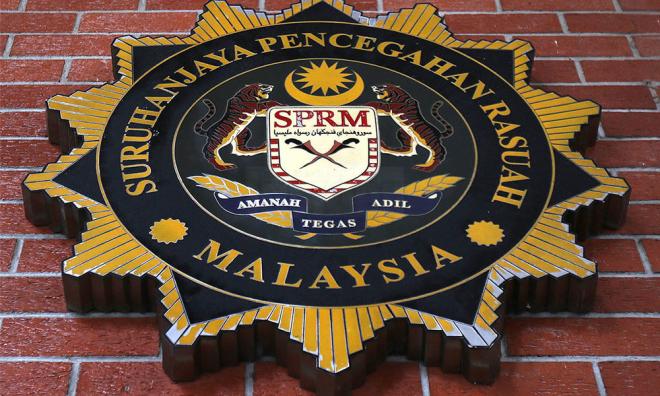
The new Section 17A of the MACC Act which took effect on June 1, 2020, introduces corporate liability for corruption and uses a deeming provision to shift the burden of proof to the business' directors, controllers and management.
Section 17A applies to companies incorporated under the Malaysian Companies Act 2016 and also applies to any company or partnership incorporated or established anywhere outside Malaysia but which conducts business in Malaysia.
Subsection 17A(6) stipulates that a ‘person associated’ with a ‘commercial organisation’ may include directors, partners, and employees of the commercial organisation, as well as any person ‘who performs services for or on behalf of the commercial organisation’.
Association is determined by reference to all the relevant circumstances and not merely by reference to the nature of the relationship between the person and the commercial organisation.
Upon conviction, the commercial organisation is liable to a fine of not less than 10 times the value of the gratification involved or RM1 million, whichever is higher; or a jail sentence not exceeding 20 years or both.
According to The Global Infrastructure Anti-Corruption Centre (GIACC), in its narrowest sense, corruption is interpreted as referring to bribery only.
In its wider sense, corruption includes extortion, fraud, cartels, abuse of power, embezzlement, and money laundering.
The wider definition is preferable by GIACC as these corrupt acts are all criminal offences that normally involve deception; are concealed; have illegal profit as their objective; often occur together; normally result in financial loss/defective quality and require similar preventive/detection measures.
As a company is a separate legal entity but has no physical existence as a ‘person’, it may be fined but it cannot be imprisoned.
In this connection, the law must interpret the state of mind of the company, especially where these relate to the liability of the company for a criminal offence.
The necessary mens rea or criminal resolve of a company can be established via the ‘identification principle’ or the ‘attribution principle’ where a company may be held liable for the criminal acts by those who are deemed to be the directing mind and will of the company: its alter ego.
By attributing the directing mind and will of individuals to companies, the courts are in effect lifting the corporate veil to determine who is in control or behind the company.
The imposition of criminal liability on commercial organizations and their associated persons will have a far-reaching effect on all businesses and their conduct.
For the property sector and purchasers, will the new MACC law have an effect on its management and heightened accountability from the developer?
Will this elevate developer's compliance with the Strata Management Act 2013 (‘SMA’) which has already criminalised a host of non-compliances with the SMA, in particular the financial provisions?
SMA’s Sections 13 and 53 lays down the law when a strata property is first developed, the developer shall establish the maintenance and sinking fund accounts with respect to the development before the delivery of vacant possession.
Monies in the accounts shall not form part of the property of the developer and such funds not used for a reasonable period of time should be placed in an interest-bearing account.
Yet, the Ministry of Housing and Local Government and the Strata Management Tribunal can share cases and complaints of abuses, misappropriation of sinking funds, monies collected and banked into the developer's or their attorney holder's 'Sdn Bhd' company accounts.
Section 140 of the SMA states:
"If a body corporate commits an offence under this Act or its subsidiary legislation, a person who at the time of the commission of the offence was a director, a member of the management committee, a member of the subsidiary management committee, a member of the joint management committee, chief executive officer, manager, secretary or other similar officer of the body corporate or was purporting to act in any such capacity or was in any manner or to any extent responsible for the management of any of the affairs of the body corporate or was assisting in such management- a) may be charged severally or jointly in the same proceedings with the body corporate."
Thence, misappropriation of the fund by bodies or persons who unilaterally dig into the fund without proper authorisation is a criminal breach of trust and is punishable by imprisonment.
It will be interesting for stakeholders on how the SMA will be affected by the butterfly effect of MACC's new Section 17A.
As Malaysia aims to be one of the top 10 ‘cleanest’ nations in the world by 2030, all eyes will be on the Malaysian judiciary, prosecution and law enforcement agencies to exercise jurisdiction as the laws intended. - Mkini


No comments:
Post a Comment
Note: Only a member of this blog may post a comment.